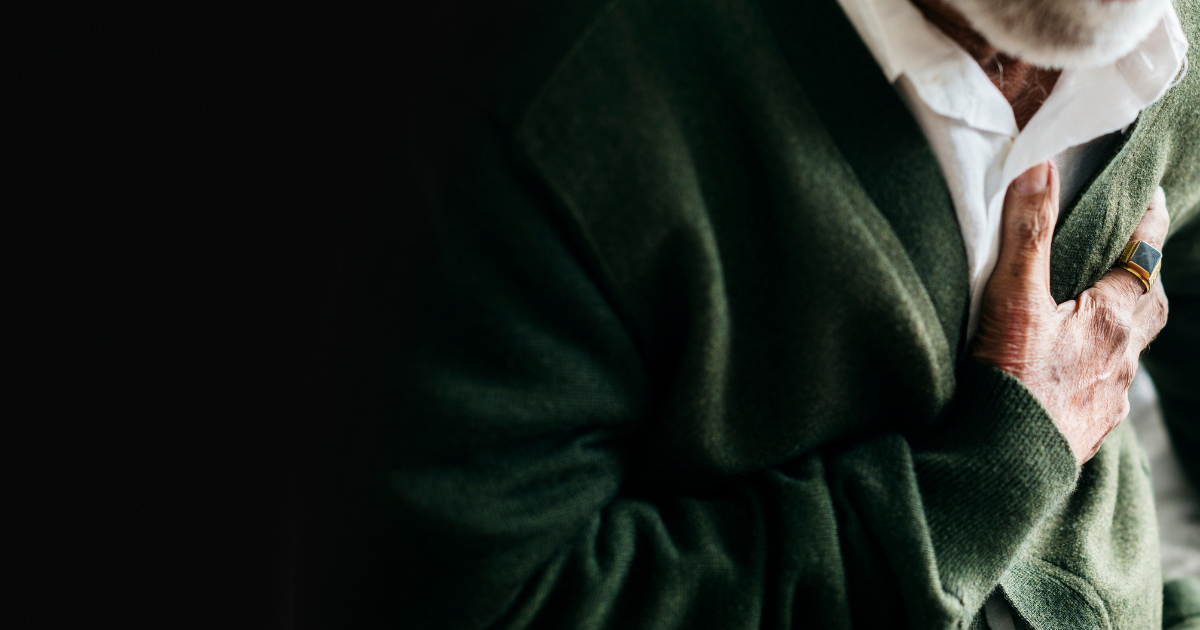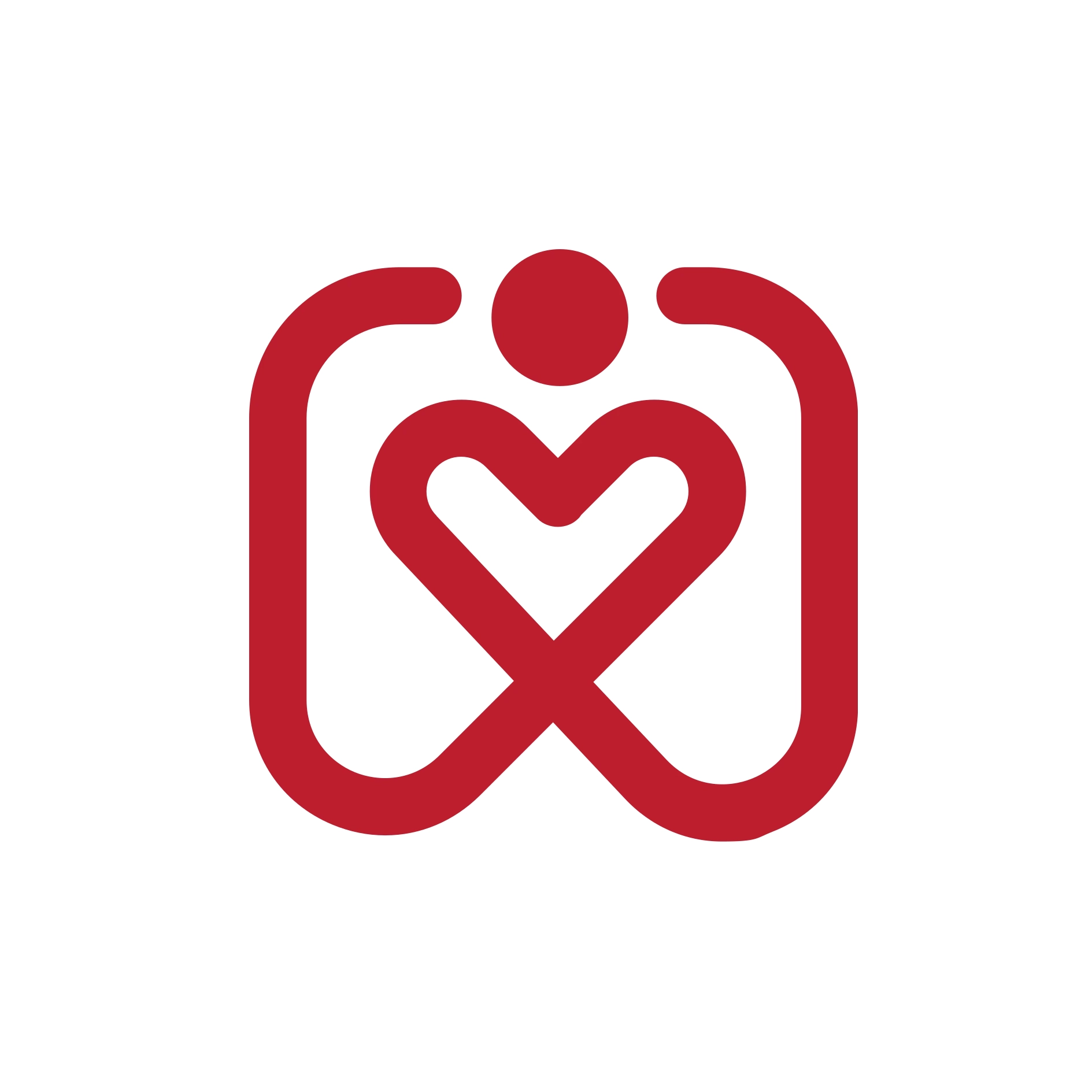A heart attack is one of the most frightening medical emergencies anyone can face. When it happens in the presence of others, immediate help can be summoned. But what if you're alone? The question many people silently worry about is: How to survive a heart attack when alone? Understanding the early warning signs, taking immediate action, and knowing what to do next can be the difference between life and death.
This guide is written to help you recognize symptoms early and take appropriate action even when no one is around to help. As cardiovascular events continue to rise globally and in India, awareness and preparedness are essential.
What Happens During a Heart Attack?
A heart attack, or myocardial infarction, occurs when blood flow to a part of the heart muscle is blocked, usually by a blood clot or plaque buildup in the coronary arteries. Without oxygenated blood, the heart muscle begins to die, and permanent damage can occur.
Understanding the process is crucial because recognizing even the mildest symptoms in time can help initiate the right response—especially when you're alone.
Recognizing the Early Signs of a Heart Attack
The most important step in surviving a heart attack when alone is early recognition. Heart attacks don’t always come with dramatic chest-clutching pain. In fact, symptoms can be subtle, especially in women and elderly individuals.
Common warning signs to watch for include:
- Chest discomfort or tightness (usually in the center or left side)
- Pain radiating to the arms, neck, jaw, or back
- Shortness of breath, even without chest pain
- Cold sweats, lightheadedness, or nausea
- Unusual fatigue or weakness
- Sudden dizziness or fainting
If you experience more than one of these symptoms even mildly take action immediately. Do not wait to "see if it goes away."
For more on early heart-related symptoms, read our guide on Heart Valve Problems You Shouldn’t Ignore.
Immediate Steps to Take If You Suspect a Heart Attack
When you're alone and feel a heart attack coming on, time is critical. Here's a step-by-step guide on how to survive a heart attack when alone:
1. Call Emergency Services Immediately
- Dial 108 (India’s emergency number) or your local emergency medical number.
- Do not attempt to drive yourself to the hospital unless there is no other option.
- Even if the symptoms seem mild, they can worsen rapidly.
2. Chew (Don’t Swallow) an Aspirin
- If not allergic and advised by your doctor before, chew one adult aspirin (325 mg) or four baby aspirins (81 mg).
- Aspirin helps to thin the blood and prevent further clot formation.
- Chewing speeds up absorption compared to swallowing.
3. Unlock the Door and Leave a Note (if possible)
- If you feel yourself weakening, unlock your front door and leave a visible note for emergency personnel.
- This step can help save critical minutes when paramedics arrive.
4. Sit Down, Stay Calm, and Try to Relax
- Sit in a semi-reclined position (back supported, knees bent) to reduce strain on the heart.
- Avoid lying down flat or standing upright.
- Focus on deep, steady breathing.
5. Avoid Cough CPR (Unless Advised)
- You may have heard about “cough CPR” a technique of repeated coughing to keep the heart pumping.
- This is NOT recommended for untrained individuals and should only be attempted under medical supervision.
What Not to Do During a Heart Attack When Alone
- Don’t drive yourself unless you are in a remote area and emergency services are not accessible.
- Don’t ignore symptoms thinking they will subside. Even "minor" signs can quickly escalate.
- Don’t wait to call someone just to confirm, it wastes critical time.
- Don’t take other medications unless prescribed for this situation (like nitroglycerin).
Preventive Tips to Reduce Risk When Living Alone
Knowing how to survive a heart attack when alone is one thing. But prevention remains the best strategy. These tips can help reduce your risk and ensure you're prepared if it ever happens:
1. Keep Emergency Numbers Handy
- Save emergency contacts in your phone with clear labels like “ICE – Brother” (ICE = In Case of Emergency).
- Keep a physical copy near your bed or entrance.
2. Inform Neighbours or Security Staff
- Let someone close by know about any history of heart disease.
- If possible, share access to your house key in case of emergencies.
3. Use Smart Health Devices
- Wear a smartwatch or fitness band with heart monitoring and SOS features.
- Devices like ECG monitors and smartwatches can detect arrhythmias and notify emergency contacts.
4. Stay Heart-Healthy with Lifestyle Choices
- Avoid smoking and limit alcohol
- Eat a balanced, heart-healthy diet rich in desi superfoods
- Exercise regularly
- Manage chronic conditions like diabetes and hypertension
Discover our blog on Indian Desi Drinks for Heart Health for natural preventive care.
Frequently Asked Questions About Heart Attacks and Solo Response
Can you survive a heart attack without medical help?
Survival without medical help is possible in rare cases, but chances improve significantly with timely intervention. Always seek help immediately.
Is chest pain the only sign of a heart attack?
No. Many heart attacks begin with symptoms like nausea, fatigue, and shortness of breath especially in women.
How fast should you act after symptoms start?
You should take action within 5 minutes of noticing symptoms. Every minute counts in saving heart muscle.
Should you take aspirin as a precaution daily?
Only if prescribed by your doctor. Overuse can cause complications like internal bleeding.
When to Visit a Cardiologist Even Without Symptoms
You don’t need to wait for symptoms to take your heart health seriously. Regular screening is especially important if you:
- Have a family history of heart disease
- Are over 40 years of age
- Suffer from diabetes or hypertension
- Lead a sedentary lifestyle
A non-invasive cardiac test such as ECG, echocardiogram, or CT Angiography can help detect early signs of disease. You can also read our article on CT Angiography vs Traditional Angiogram for more information.
Final Thoughts
Knowing how to survive a heart attack when alone could someday save your life or that of a loved one. The key lies in staying calm, acting fast, and getting medical help as soon as possible. Empower yourself with the right knowledge and stay prepared not paranoid.
Remember: Prevention is the best protection. Maintain a healthy lifestyle, attend regular heart screenings, and never ignore the early warning signs. The life you save might be your own.



